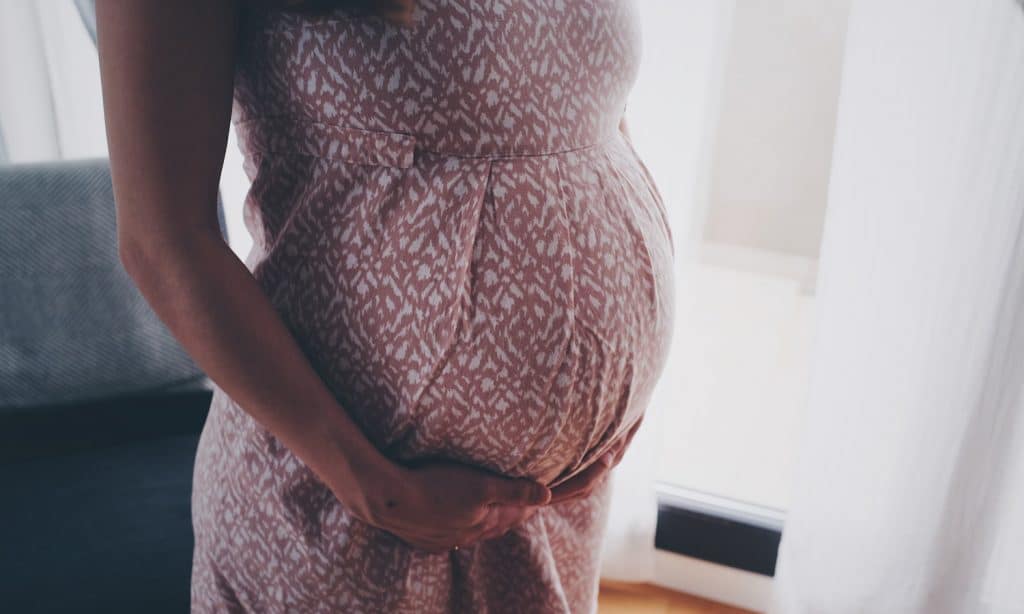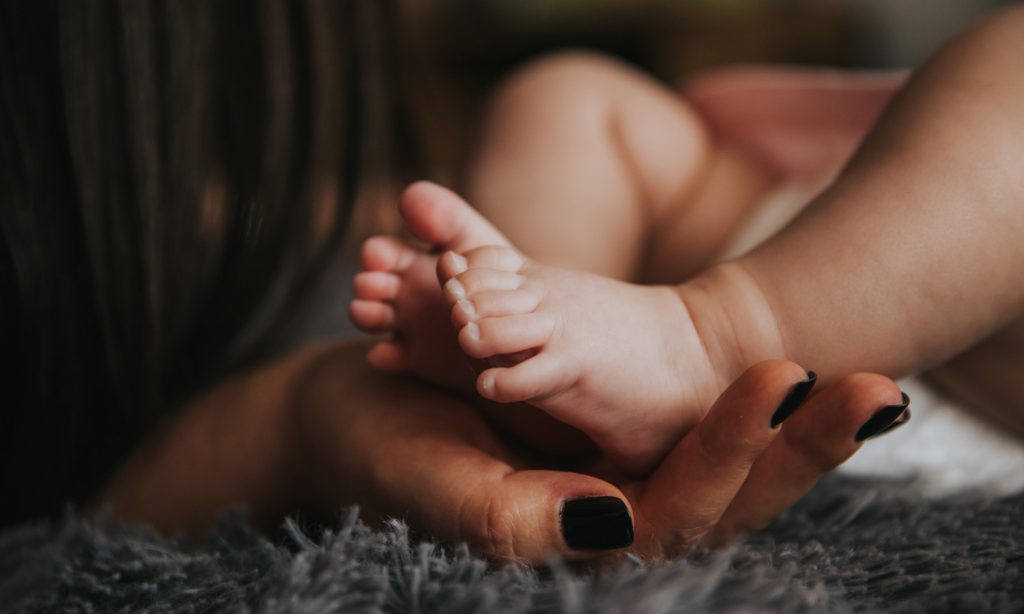
This article originally appeared on Cannabis.net and has been reposted with permission.
There I was, minding my own business when I read the headline, “Cannabis Use in Pregnancy May Lead to a More Anxious, Aggressive Child.” So claims the title of a New York Times article written by Melinda Wenner Moyer, who cites a study that looked at maternal cannabis use and an alleged suppressed gene networks in the placenta.
The article is well-written and contains many links embedded within the text creating the illusion of authority. However, if you were to read almost two-thirds of the way down, you’ll run into this paragraph:

“The study does not, however, prove that prenatal cannabis use caused the children’s behavioral problems. Some of the mothers said they had used cannabis only after giving birth (though THC can pass through breast milk). And women who use cannabis may differ from abstinent women in other ways that put their children at risk for behavioral issues. They may have underlying risk factors, such as a family history of psychiatric problems, or they may have been exposed to other chemicals during pregnancy that increase the risk for behavioral issues in their kids, said Ryan Bogdan, a psychologist at Washington University in St. Louis who studies the underlying biology of psychiatric disorders. The authors of the study tried to control for such differences using statistical methods, but some could nevertheless have influenced the results.”
This isn’t to say that there may be biological concerns about consuming cannabis, this most certainly needs to be studied clinically. However, the study that was cited — as with many of the studies where there are scathing views on cannabis — was not clinical in nature. Additionally, the phrase “Some of the mothers said they had used cannabis only after giving birth,” makes the claim of the article seem more dubious.
Nonetheless, I decided to look at the information to see if it was true or not, whether smoking weed during pregnancy can create angry and anxious babies.
About the Author
I think before we dive deeper into the story we need to take a closer look at Melinda Wenner Moyer. Moyer is the author of the book, “How to Raise Kids Who Aren’t Assholes”. The book claims to follow scientifically driven concepts on raising your kids, however, after reading some of the negative reviews of her book it seems that there is a strong bias in terms of ideology.
RELATED: Cannabis Use During Pregnancy Has Been Linked With These Childhood Problems
Her concept of “asshole” is based on a particular type of thinking prevalent in mainstream media, which is totally fine. Of course, if you fall outside of her framed view of how life should be, you’d probably end up on her “asshole list” and subsequently your babies might as well.
One of the negative reviews on her book said the following;
“I am a big fan of evidence-based parenting, like Emily Oster’s books, so I wanted to try this one. However, it felt like just another book written by a parent who thinks their way is right and throws in some studies to try to justify it. It was NOT grounded in the research. I like books where the author discusses research that changed their approach. This is more like research used to justify the approach the author already believed in. It just feels biased and a little weak. So many better parenting books are out there that give more radical discoveries and insight.”
Another negative review read, “First 5 min of book author stages babies are racist. This is clear CRT Indoctrination.”
Once again, you’d probably be considered an asshole if you don’t subscribe to Critical Race Theory in the eyes of the author. Or the fact that “anti-racist” requires you to first be a racist to be against it, at least psychologically speaking. Framing matters! Any neuroscientist or behavioral psychologist will tell you that, but I digress.

Why is it important to understand who the author is? It’s important because if the author utilizes studies to justify a position she already believes in, then the objectivity of the science comes into question. Considering that her narrative is based on the premise of “not raising asshole children” and using “evidence” to justify this position, it seems that this article feels more like a well-crafted form of native advertisement to build authority within the niche of “non-asshole raising parents”.
Major Problems With the Studies
We have already exposed the fact that the study in question does not prove that prenatal cannabis use had any effect on the behavior of children. We have also established that these were non-clinical studies and that some mothers smoked cannabis after the fact.
There were also issues of environment. For example, how many of those “troubled tots” had an absent father? According to Fatherhood.org, the absence of a father can lead to severe behavioral problems and increases your chances of sliding into poverty four-fold. You’re also more likely to go to prison if you don’t have a father.
RELATED: Study Finds Link Between Depression And Marijuana Use During Pregnancy
This is just one factor that can have major impact on your behavioral problems down the line. The fact of the matter is that the studies on prenatal cannabis use is lacking. Most of these studies are done through surveys and interpreted based on the answers, however, the vast majority of these tests have not been replicated.

Therefore, to draw any conclusion in relation to the behavioral impact of your children due to prenatal cannabis use is empirically non-scientific. It’s essentially reducing the human being completely to biology, which definitely does have an impact to a lesser degree. However, how you’ve been raised, whether you have money or not, the relationship of your parents, micro and macro experiences, all play a role in shaping how you behave.
RELATED: Should New Moms Stop Using Cannabis?
Societal norms aren’t established by biology. Behavior is much more a consequence of parental action or non-action at critical points of development than it is about the type of foods you eat. The thing about THC is that it’s a phytocannabinoids that is almost identical to anandamide, which is found within breast milk.
The fact that your endocannabinoid system interacts with the chemical suggests that the impact it would have on our biology is minimal. Of course, we need clinical data to see whether this is true or not, but until then, studies like the one published in the NY Times should be critically analyzed and sources should be studied as well.
I’m sure Moyer completely believes everything she’s writing and continues to pile on more supporting evidence for her position — and that’s okay. After all, whatever it is you are looking for, you will find.




